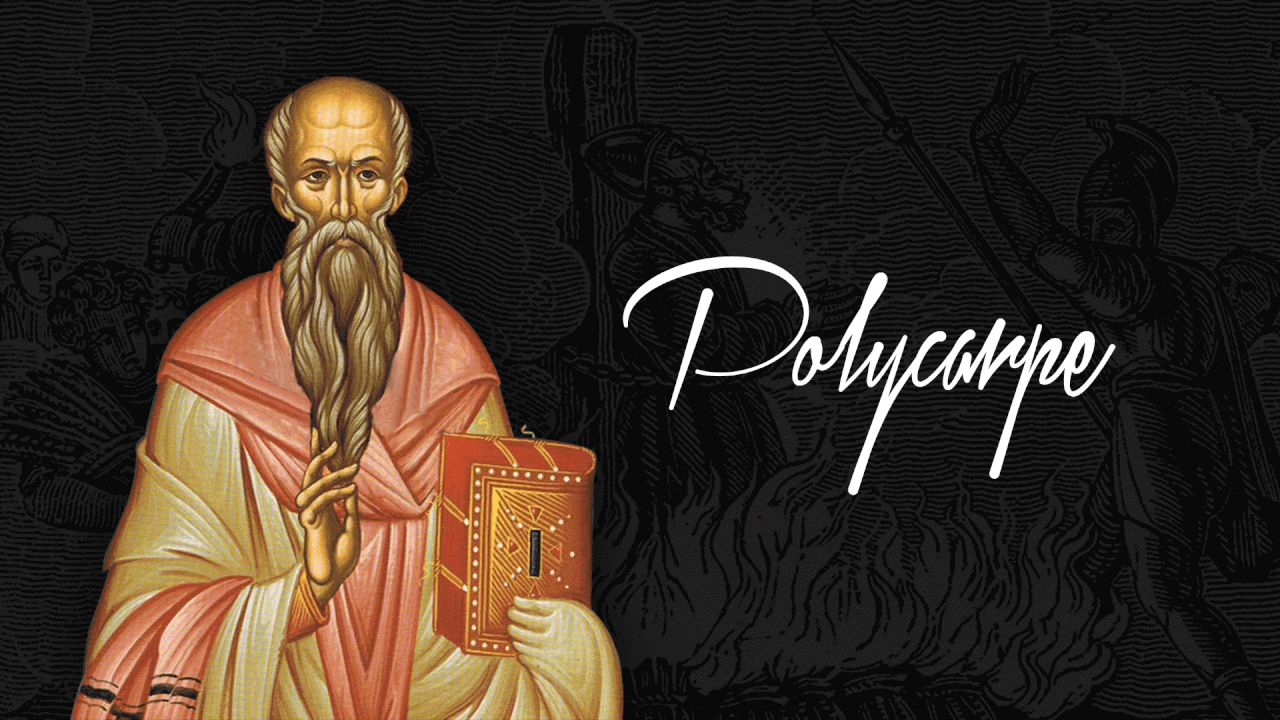Blog Search Results

Did you mean:
didache
?
17 results for Didache
found
within the Blog
6 displayed out of 17 (0.24seconds)Page 1 of 3

Is fasting an expectation for Christians?
Posted by Luke J. Wilson on 29th February 2020 in Fasting | fasting,Lent,Ash Wednesday,self control,self denial
...alled The Didache (which was a sort of “church handbook”), expands on this teaching of Jesus and demonstrates to us how the earliest believers understood this and carried on the practice of fasting, taking the familiar model they were used to in Judaism, and reshaping it:
But let not your fasts be with the hypocrites; for they fast on the second and fifth day of the week; but fast on the fourth day [Wednesday] and the Preparation [Friday]. — Didache, VII
This helps us see how the early Christians sought to differentiate themselves from the Jewish community in seeking a new and separate identity in light of Christ’s advent. Later, writing in the...
Lent: Day 1 - The Didache
Posted by Luke J. Wilson on 2nd March 2017 in Lent | Lent,great lent,fasting,early church fathers,devotional,daily reading,Didache
...Day One: the Didache (in full)
Who: Written by an anonymous author, possibly multiple sources compiled into one book at a later date. The title translates as “the teaching”, or in its full tithe: Teaching of the Twelve Apostles.
What: The Didache is basically a church handbook with a summarised collection of the basic teachings of the Church and Gospel, aimed at local church leaders and new converts.
Why: Tradition has it as being a collection of the apostles teachings, so it was probably written to preserve this information as they grew older or died, or moved away from the communities they planted.
When: Between 70-100 AD
The Didache is one of my...
How Polycarp (And Others) Show The Early Use Of The New Testament
Posted by Luke J. Wilson on 21st November 2021 in Early Church | early church,early church fathers,polycarp,new testament,canon,biblical canon
...have: the Didache.
The Didache is commonly dated between AD 50–70, which also places this being written during the time of the apostles and other New Testament authors. In this short text we can find various references to:
Matthew
Mark
Luke
1 Corinthians
Ephesians
1 Thessalonians
2 Thessalonians
1 Timothy
Hebrews
1 Peter
So that gives us ten of the 27 books referenced as early as the mid-to-end of the first century一which is good considering most of these texts were only written a decade or two prior to this time!
Final Thoughts
To recap, then, to make it easier to digest all this information and numbers; from the earliest date between AD 50...
Understanding The New Testament: Inspiration, Canonisation, And Historical Context
Posted by Luke J. Wilson on 23rd December 2023 in Early Church | Inspiration,Scripture,early church,early church fathers,islam,Bible
...like the Didache, were highly regarded, read, and taught to new converts but did not meet the specific criteria for canonisation. The canon was a dynamic concept, and some New Testament books faced scepticism before gaining widespread acceptance.
These texts were known as “antilegomena” (from Greek ἀντιλεγόμενα) literally meaning “spoken against”. In the Early Church, the antilegomena enjoyed widespread readership, encompassing works such as the Epistle of James, Jude, 2 Peter, 2 and 3 John, the Book of Revelation, the Gospel of the Hebrews, the Epistle to the Hebrews, the Apocalypse of Peter, the Acts of Paul, the Shepherd of Hermas, the...
The Early Concept of the Trinity: Tracing the Roots
Posted by Luke J. Wilson on 16th November 2023 in Trinity | trinity,early church,early church fathers,tri-unity,triune God,godhead
...The doctrine of the Trinity, which asserts the co-equality of the Father, Son, and Holy Spirit, has deep roots in the early Christian writings of the first three centuries. While the full articulation of the Trinity developed over time, culminating at the Council of Nicaea in the fourth century, references to the equality of these three persons can be traced back to influential documents and the teachings of early Church Fathers in the centuries leading up to this pivotal moment in Church History.
Early Church Beliefs and Teachings
One of the earliest Christian documents, the Didache, believed to have been written in the late first or early second century, pro...
The Coming of Jesus: The Olivet Discourse – Part 2
Posted by Luke J. Wilson on 3rd February 2016 in Second Coming Series | Second Coming,Return of Christ,Return of Jesus,Preterism,Prophecy,Last Days,Left Behind,Eschatology,Matthew 24,Olivet Discourse,Josephus,history,Part 2,Desolation,Temple Destruction,Jewish War,70AD
...as “the Didache” and the "Shepherd of Hermas”, were books commonly given to new converts to read during the first century (Shepherd was even considered as Canon by various Early Church Fathers, such as Irenæus).
As an intriguing side-note, the 4th century “Codex Sinaiticus” included Barnabas and The Shepherd alongside the rest of the New Testament books in its canon.
Barnabas even links the 70AD event to the completion of “the Week” which harkens back to Daniel’s prophecy, as did many other early Christian writers over the first four centuries, such as: Clement of Alexandrea, Origen, Tertullian, and Athanasius.
You can see why they thought...

